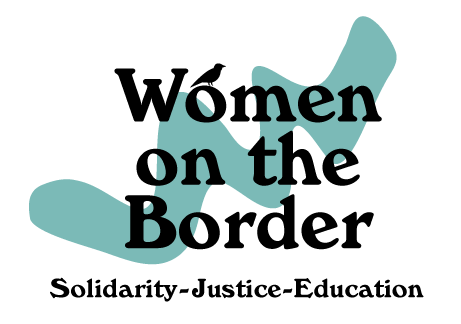Fair Trade
Fair Trade is about supporting the production of goods for consumers in an environment of fairness, safety, and respect.
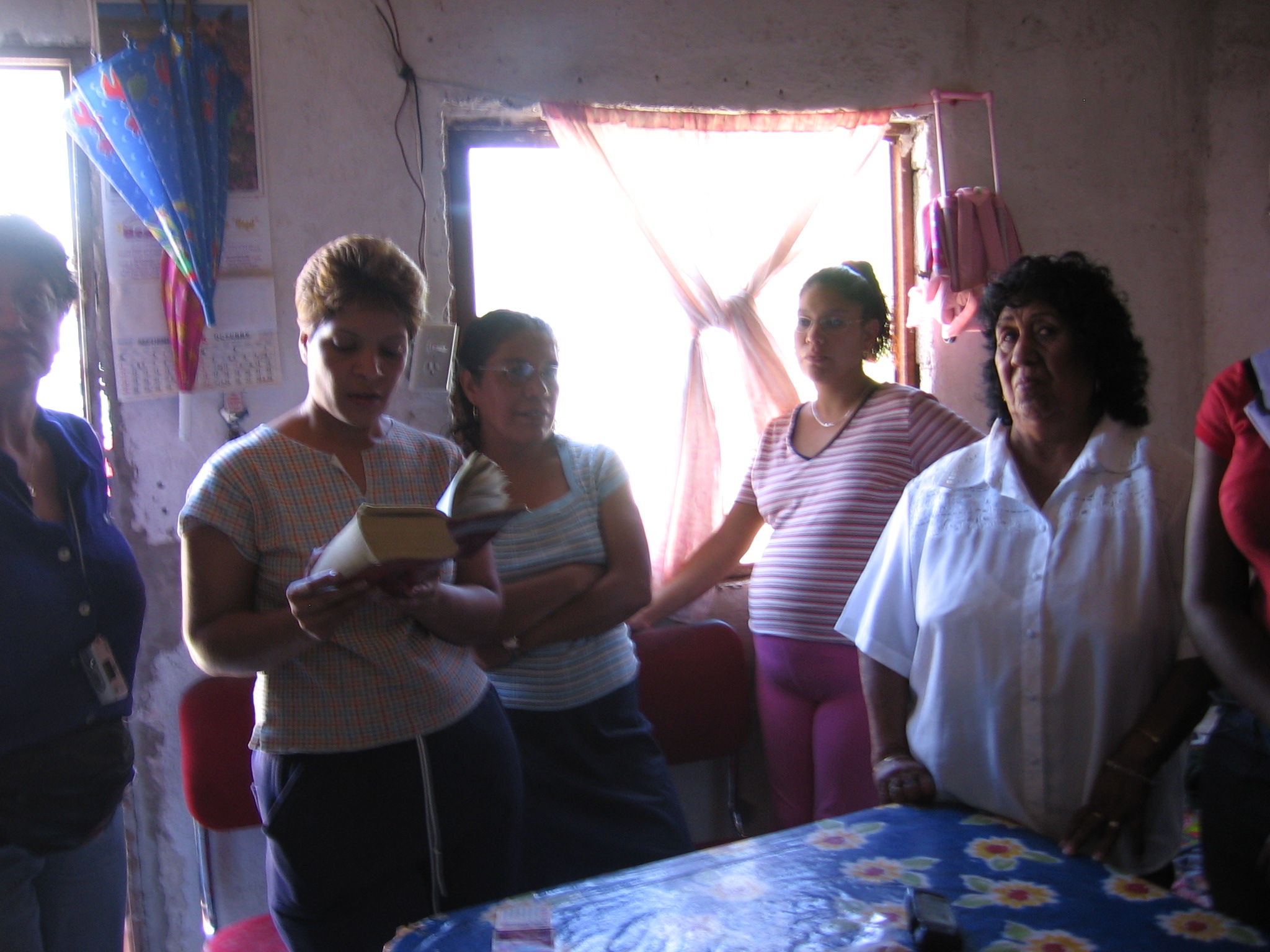
The right to a living wage
Women on the Border has long supported the empowerment of workers employed in the maquiladoras, and we are strong supporters of the organizing activities of the Comité Fronterizo de Obrer@s. These workers teach other maquiladora workers how to use Mexico’s federal labor law to defend their right to decent wages, to be free from sexual harassment and discrimination, to a work environment free of toxicity and threats to their health and safety, and to be free from retaliation for speaking up about injustices in the workplace.
Our friends in the CFO dreamed of working woman’s empowerment when they opened in 2004 a small factory they called Dignidad y Justicia, based in Piedras Negras, Coahuila (across from Eagle Pass, TX). Their expressed goal was to model how a worker-managed apparel factory could provide dignity and justice to its workers. Read about the history of the D&J.
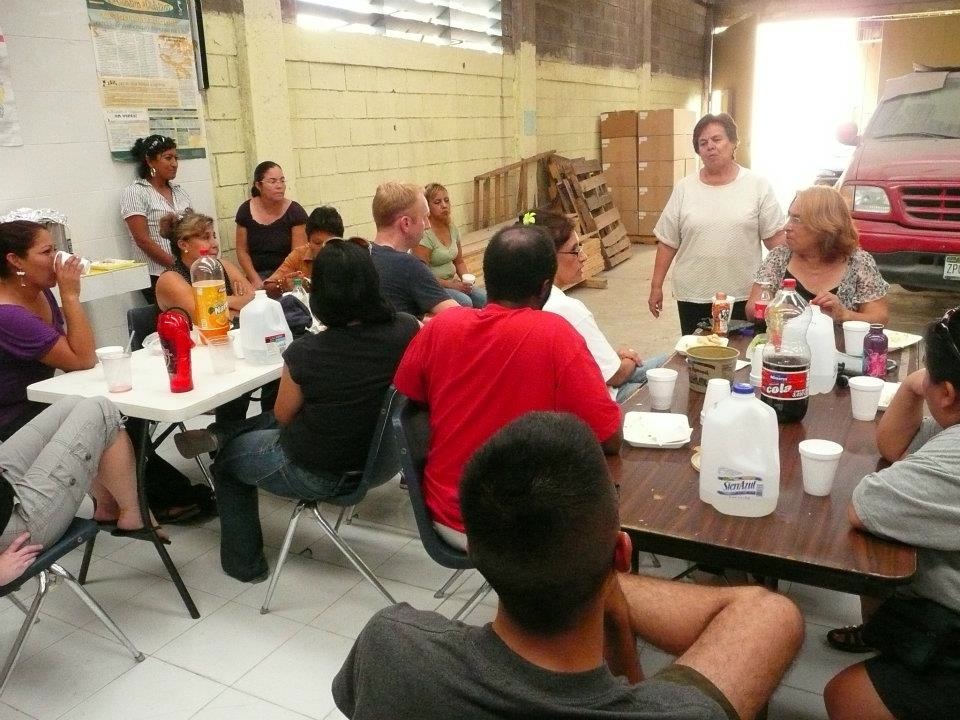
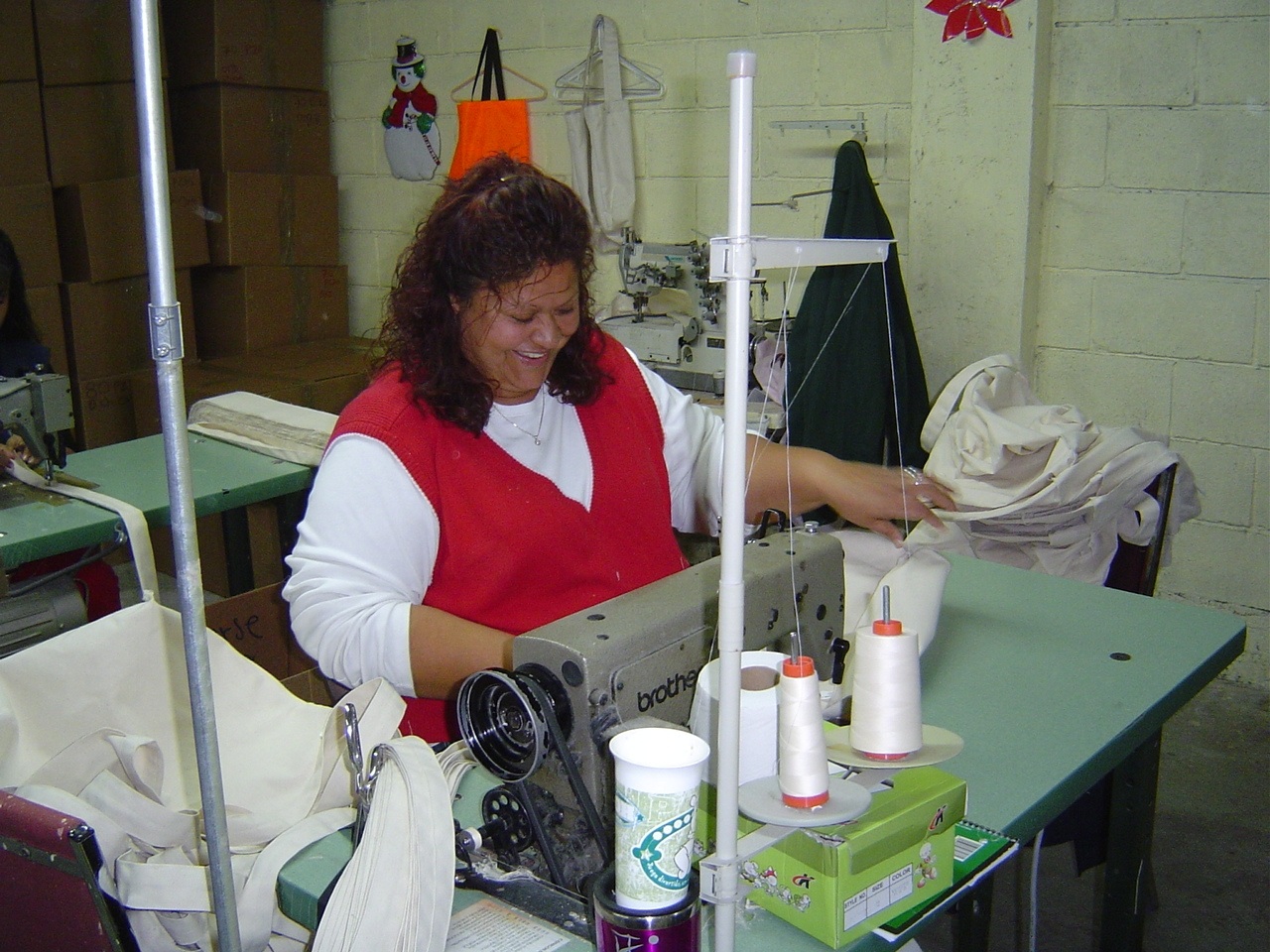
The right to a clean and safe workplace.
A woman who works in a fair trade factory is happier knowing that she is earning a living wage, isn’t being oppressed with stressful production quotas, and isn’t being exposed to toxic chemicals or materials needed for a job, often without being given proper training or safety measures.
Why Buy Fair Trade?
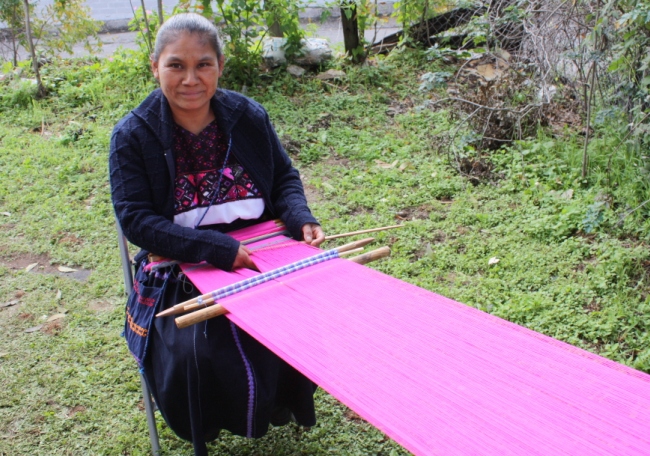
At the Women and Fair Trade Festival in Austin, a member of the cooperative Jolom Mayaetik, which in Tzotzil means “Mayan Weavers,” demonstrates ancestral techniques for the weaving of beautiful textiles.
Fair Trade is a global movement that puts people and the planet first by ensuring fair practices and living wages for workers, producers, and sellers of all consumer goods. For women in the global economy, fair trade assures that the first producer like the laborer who sewed our clothes or assembled a part of the good we buy, or the person who grew the coffee bean for the coffee we drink, earns enough to support a family and to afford adequate shelter, utilities, groceries, clothing, education, and health care.
